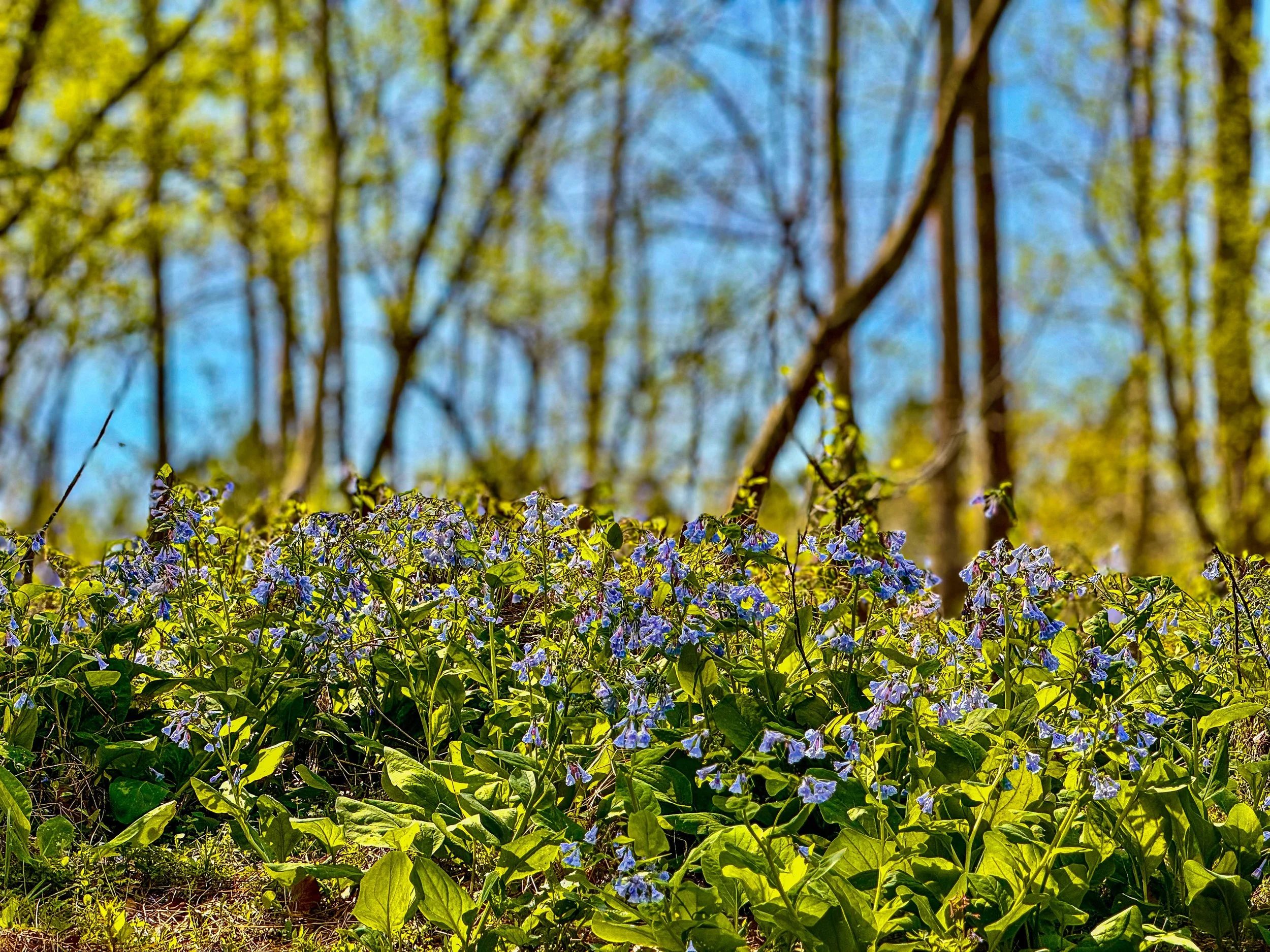Every one of us lives with a roommate of sorts. It’s brilliant, fast-talking, and impossibly curious. But it also leaves the lights on, interrupts your sleep, and sometimes throws wild parties of anxiety at three in the morning.
I’m talking, of course, about the human mind — that feral genius within us all. Or, if you prefer a more anatomical take, the brain: that three-pound bundle of nerves and stories that can design an espresso machine, master a complicated banjo roll, compose a symphony, or draft a scathing email at 2 a.m.
It’s a marvel, really. The mind that invented jazz and sourdough bread and solar panels still finds time to catastrophize about emails that haven’t been received yet. It can recall the lyrics to a song from 1978 but not where you put your reading glasses. It can build empires out of shadows and dramas out of silence.
Left unattended, this feral genius doesn’t necessarily rest. It forages. It digs through the compost pile of memory and possibility, looking for something to chew on. And it’s very, very good at finding things to chew on.
The Good News and the Catch
Evolution designed this mind–brain partnership to keep us alive — scanning for threats, predicting outcomes, connecting dots. That same hyper-vigilant genius once helped our ancestors notice a rustle in the tall grass. Now it listens to an ambiguous voicemail message and assumes the worst.
We’re not broken; we’re simply over-equipped for modern life.
Our minds are magnificent tools for creating and solving. They’re lousy at lounging.
The good news is the mind doesn’t need to be silenced, only befriended. Like a clever raccoon, it responds better to gentle redirection than scolding. Give it something real to feel. The weight of your breath, a stretch along your spine, the rhythm of your footsteps, the sound of wind through trees. Then it relaxes. It can remember it belongs to a body and to a world larger than itself..
That’s the quiet art of mindfulness and movement: not to tame the feral genius, but to let it rest for a spell in something kind, steady, and real. When we move, breathe, and listen, the mind gets to stop defending and start discovering. It doesn’t vanish; it softens. The raccoon curls up beside the campfire instead of raiding the pantry.
And in that small pause, between thought and breath, effort and release, there’s a kind of homecoming. Not the end of thinking, but the beginning of seeing clearly again.







